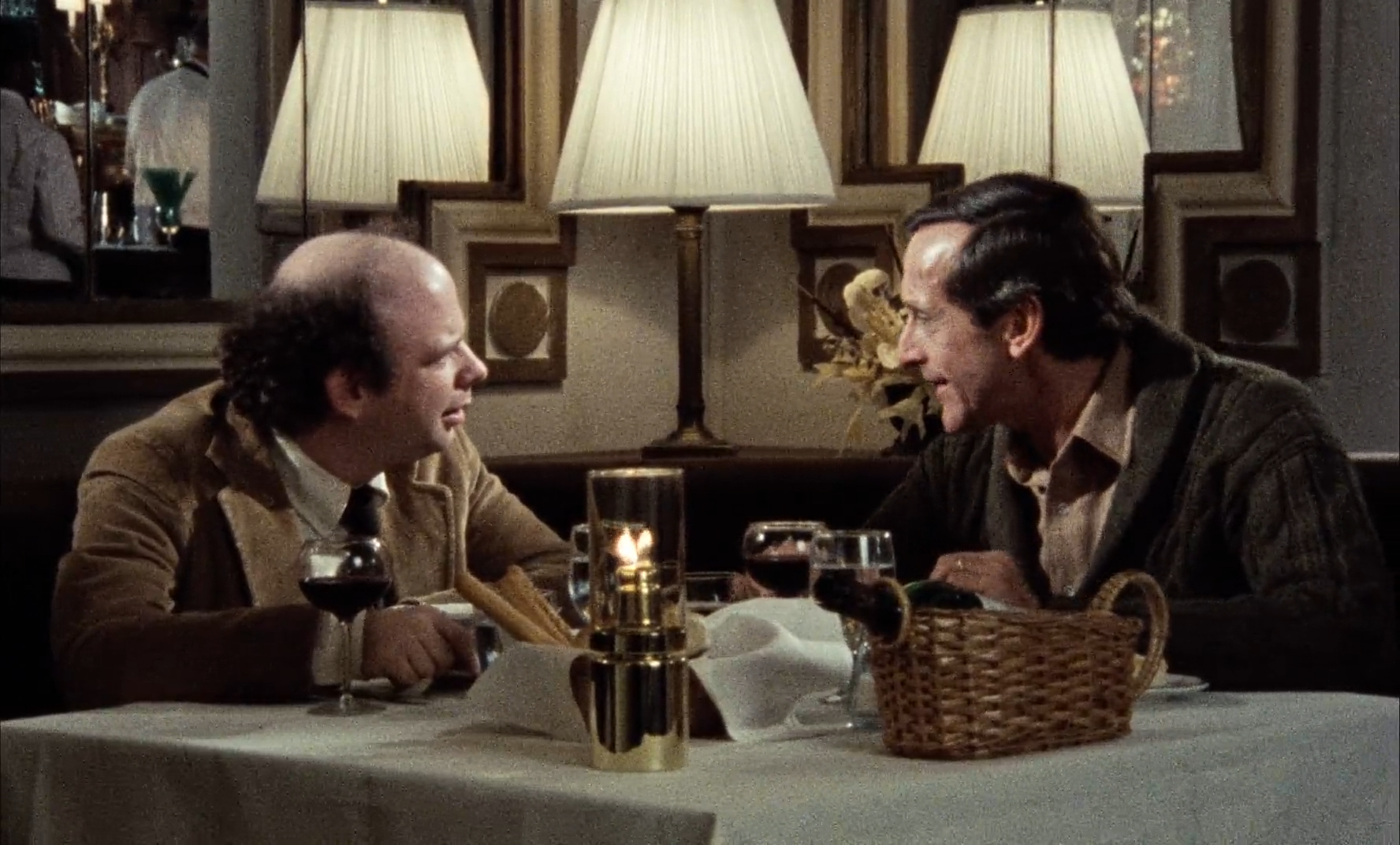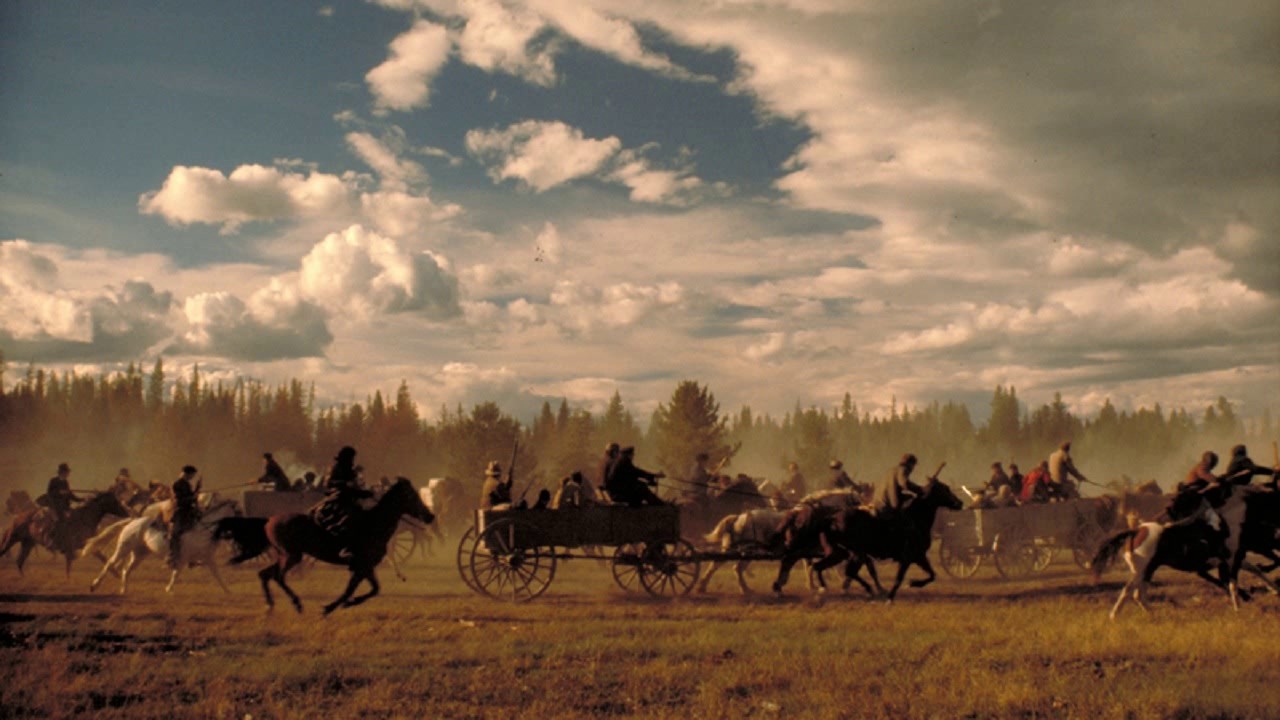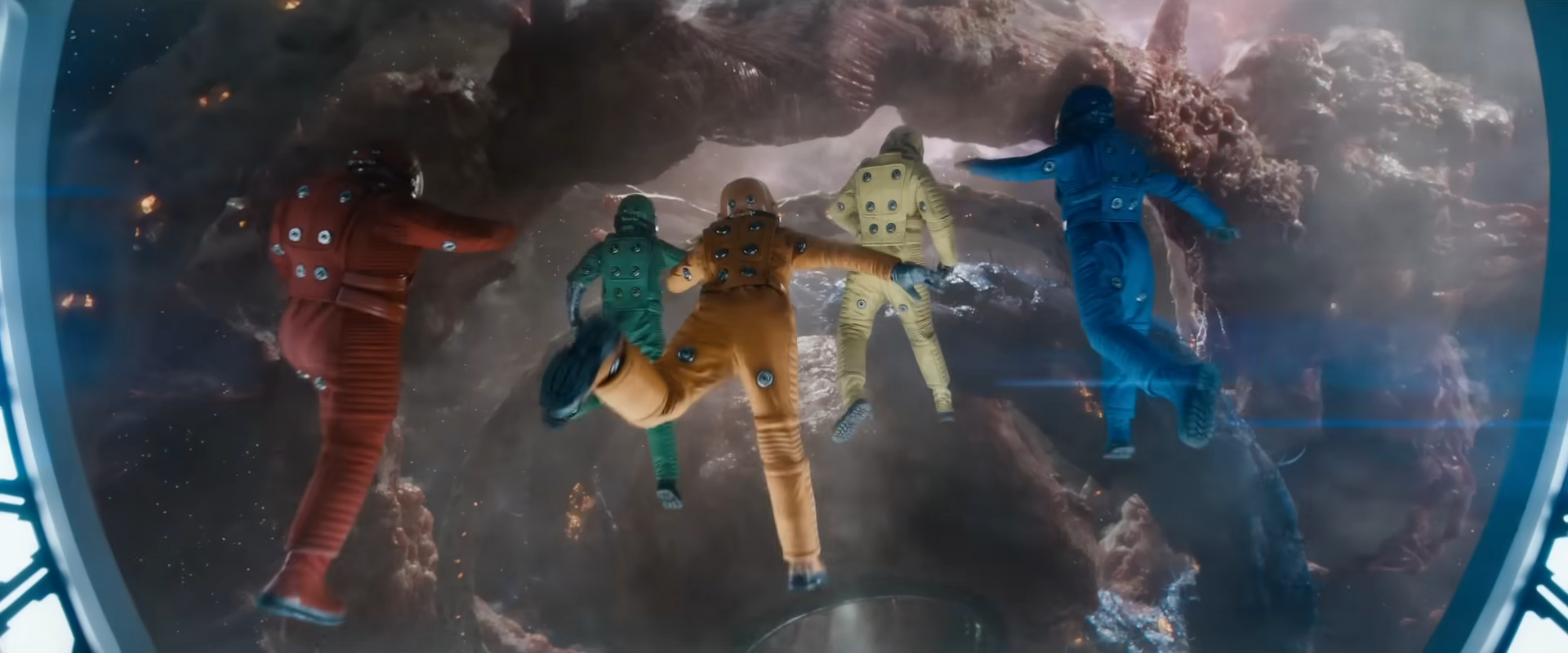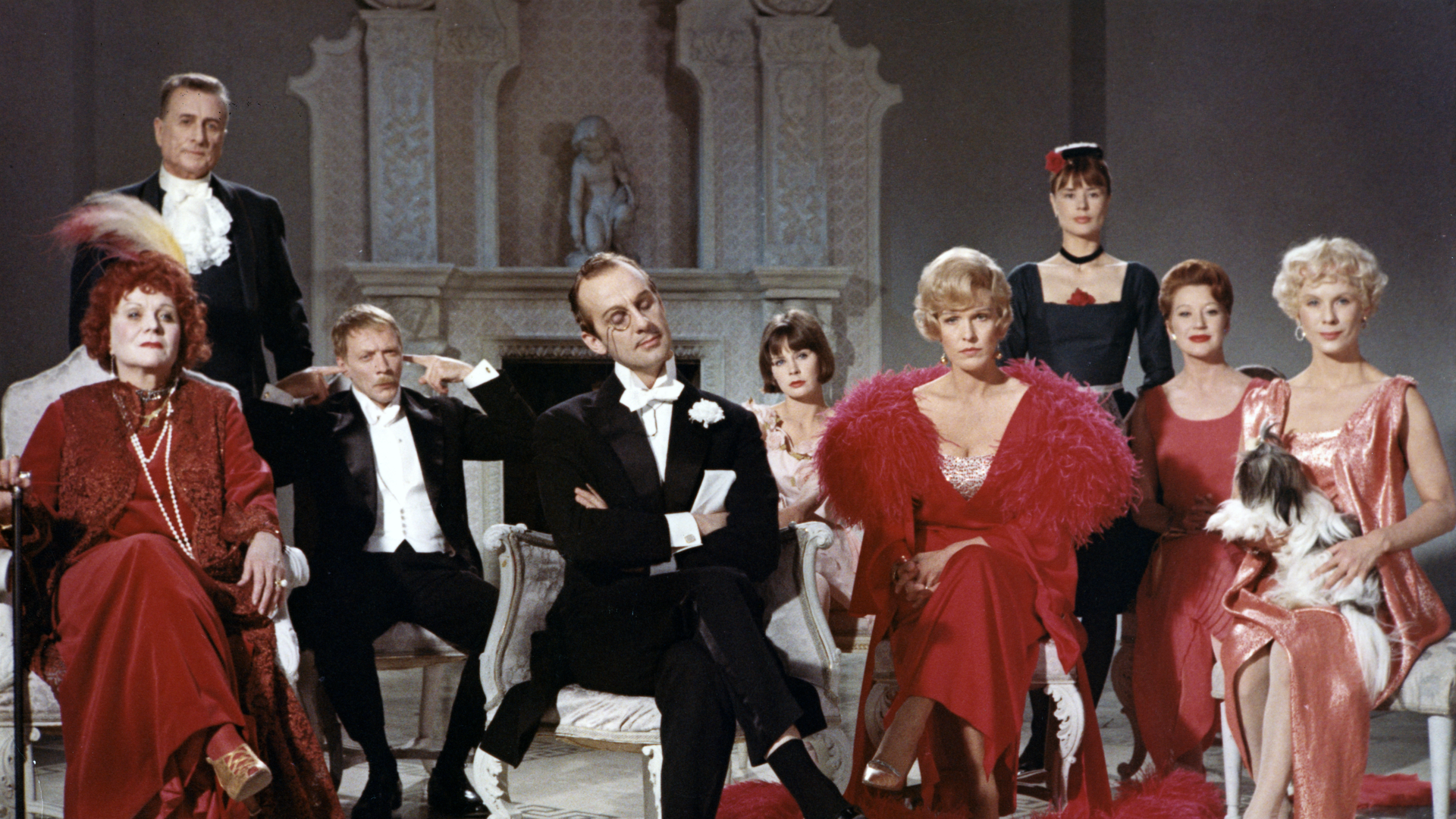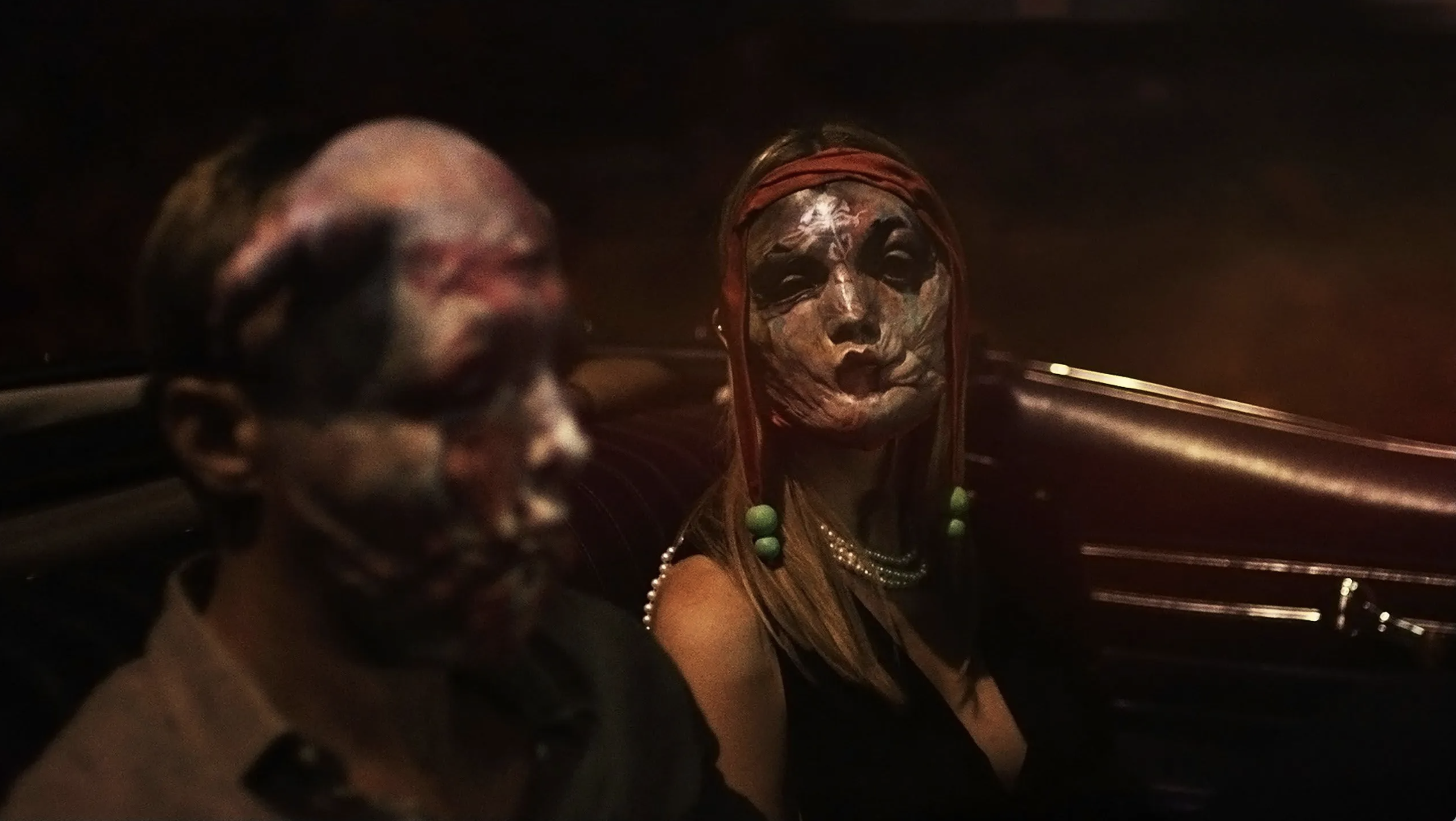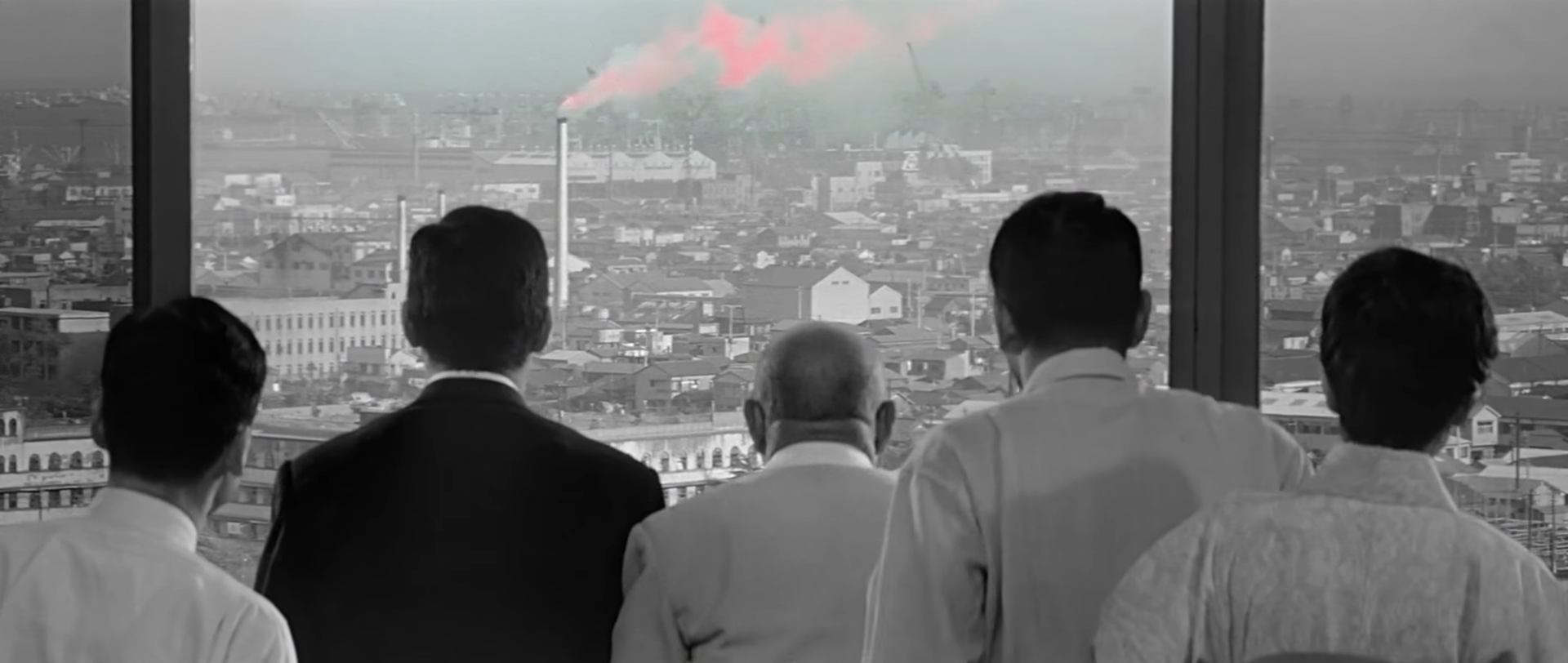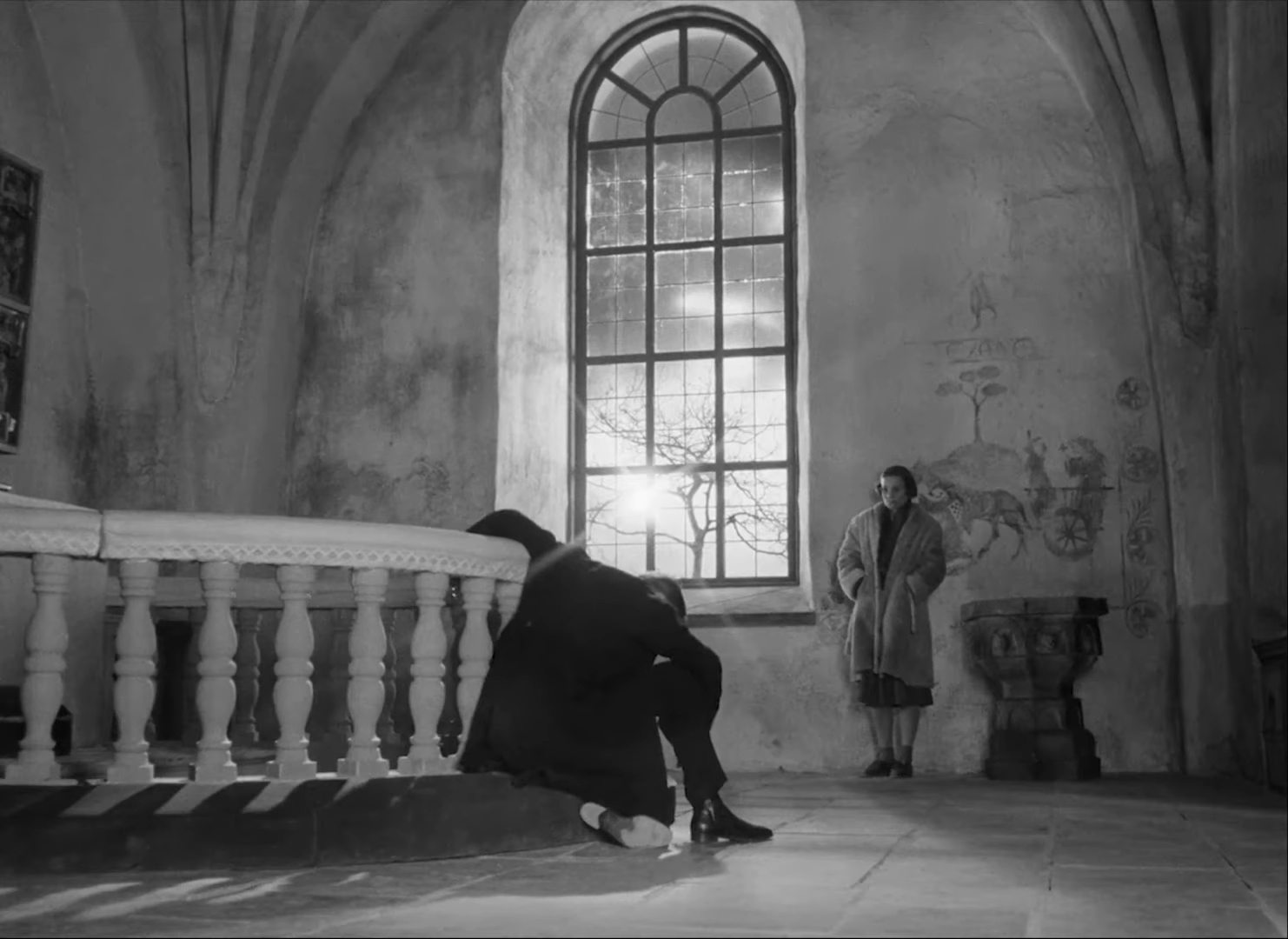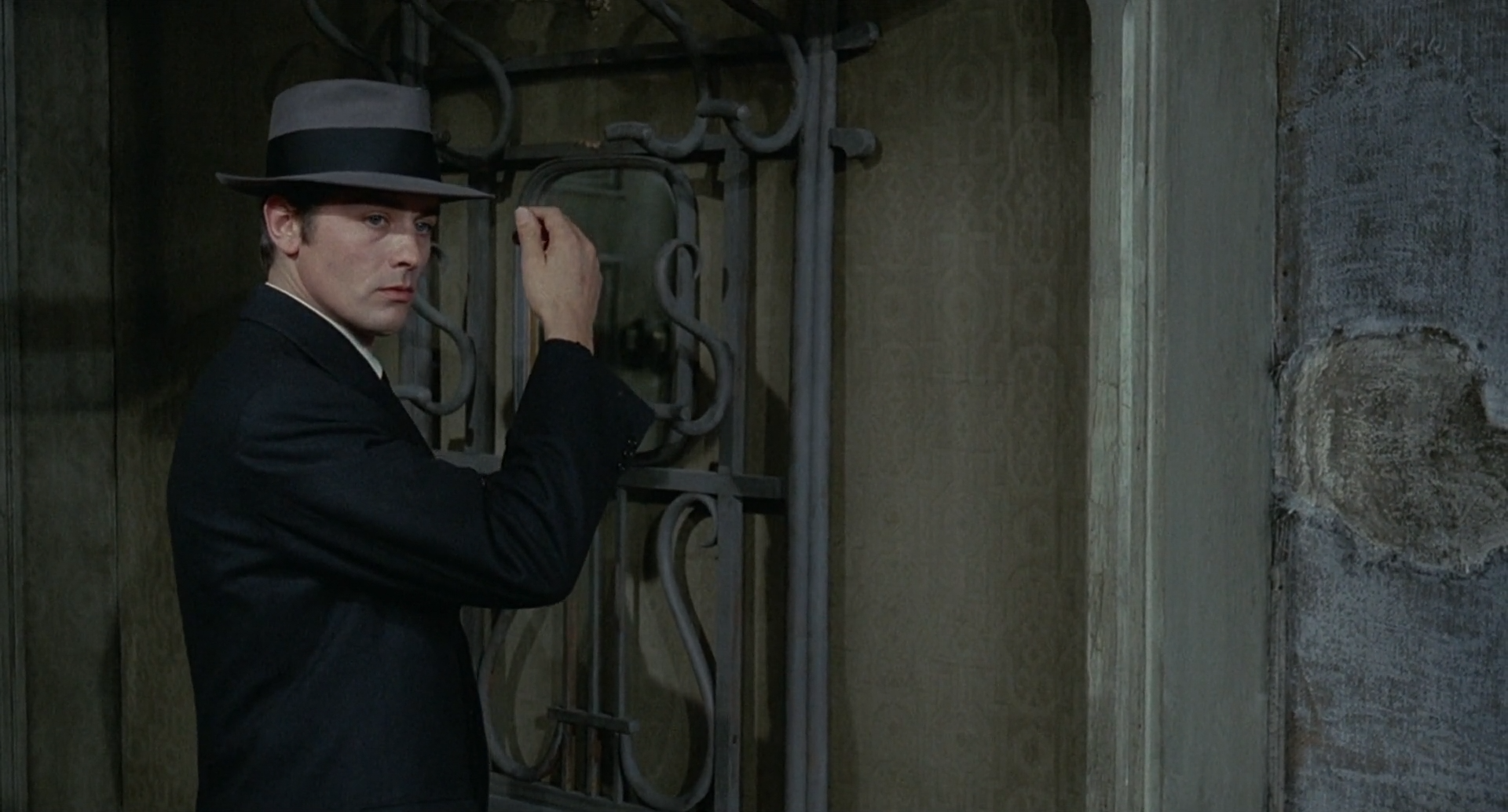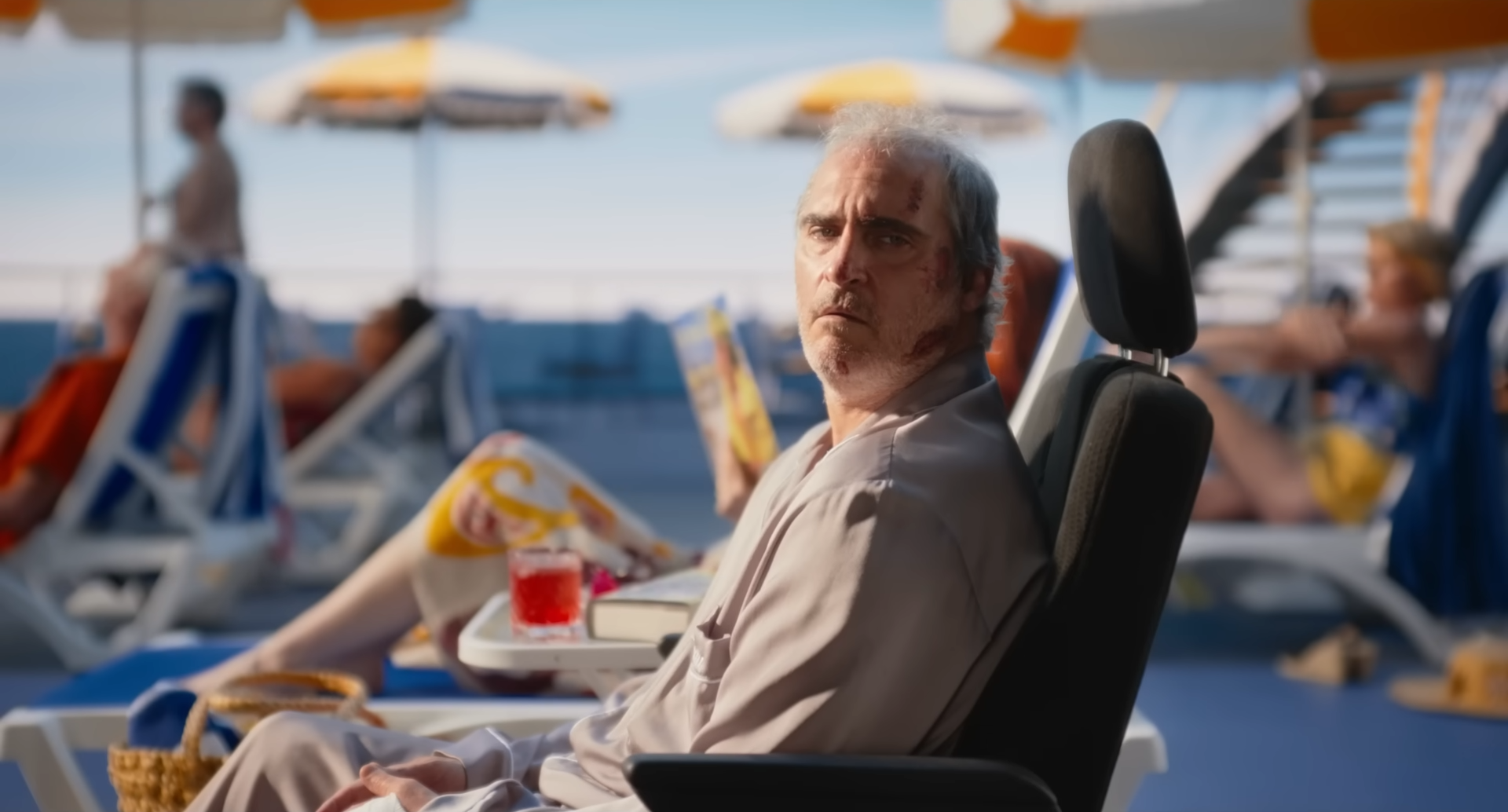My Dinner with Andre (1981)
There is soulful inspiration found in two old friends simply sharing food and conversation in My Dinner with Andre, compensating for a lack of cinematic panache with a hearty, three-course meal of provocative screenwriting, and representing humanity’s conflicting desires for grand meaning and simple pleasures within the most common of modern-day settings.

